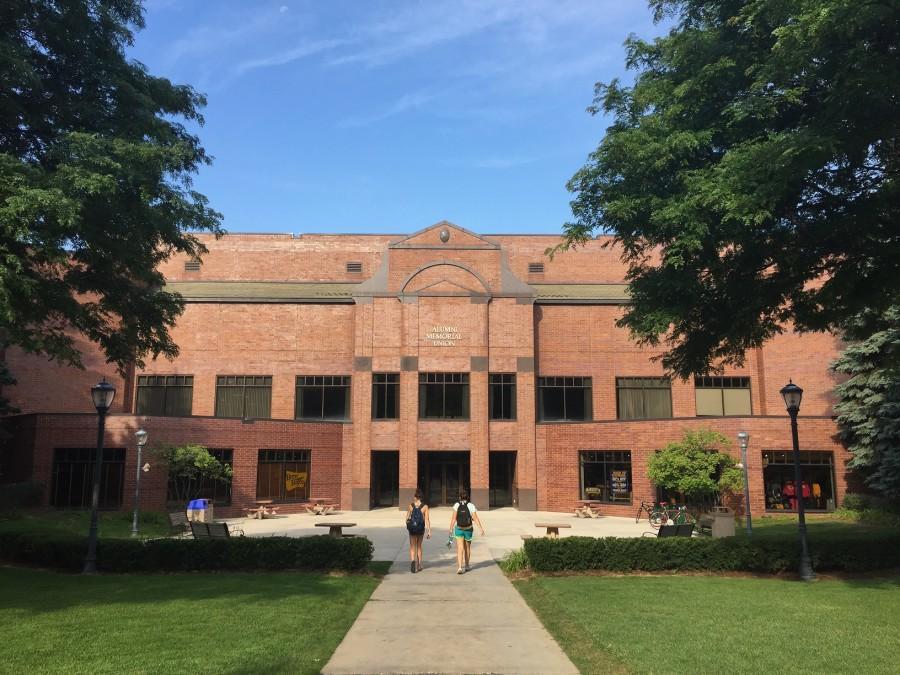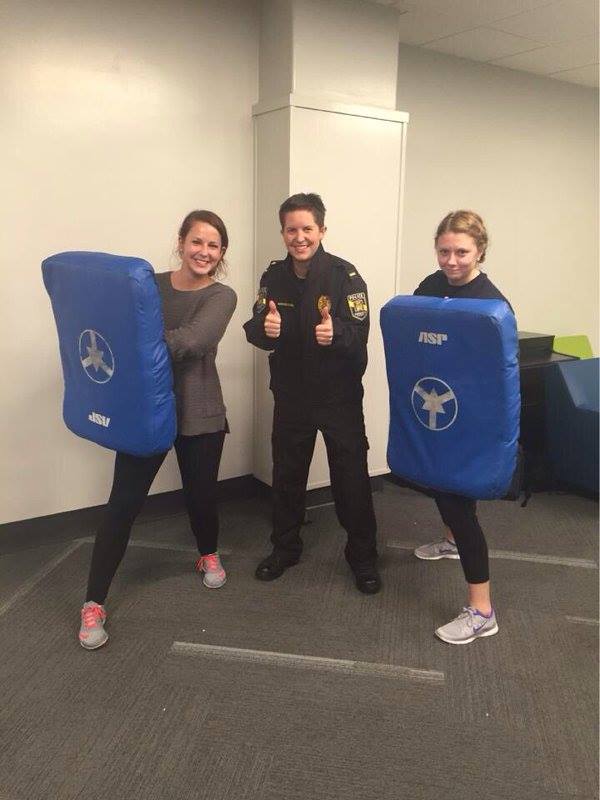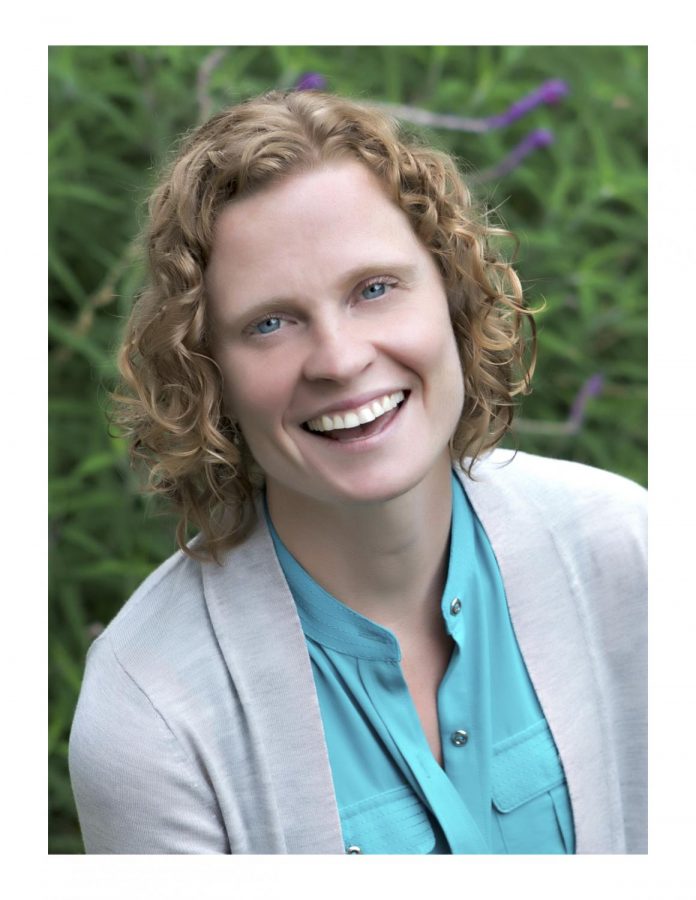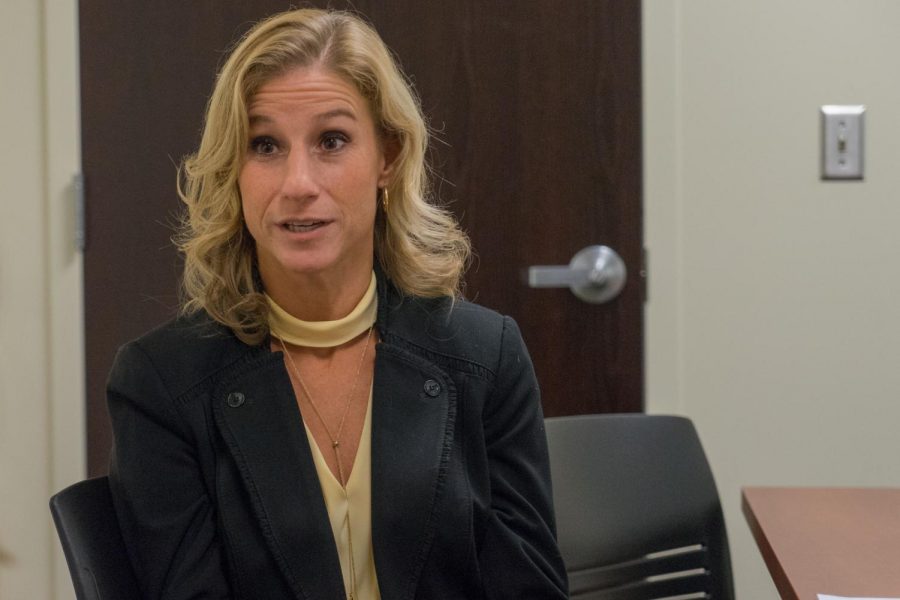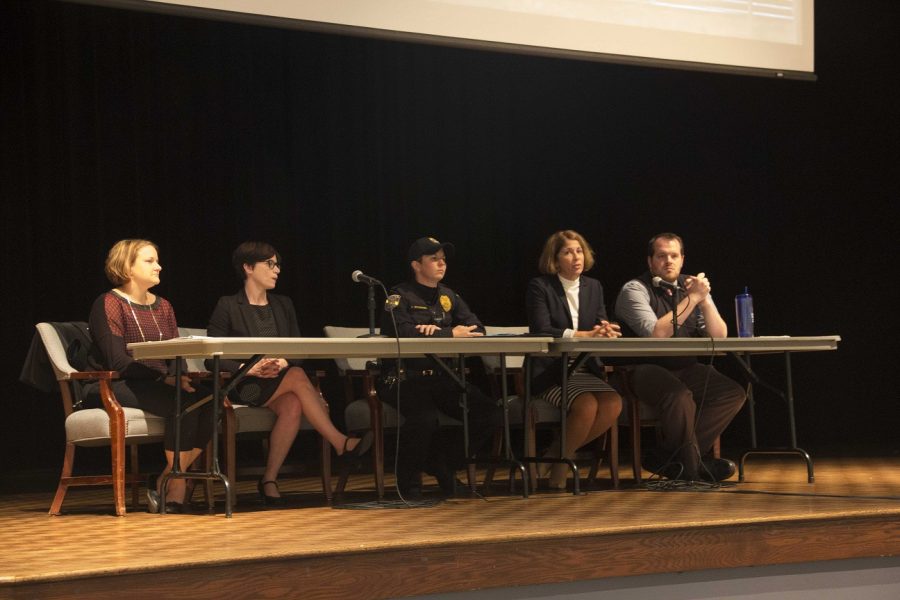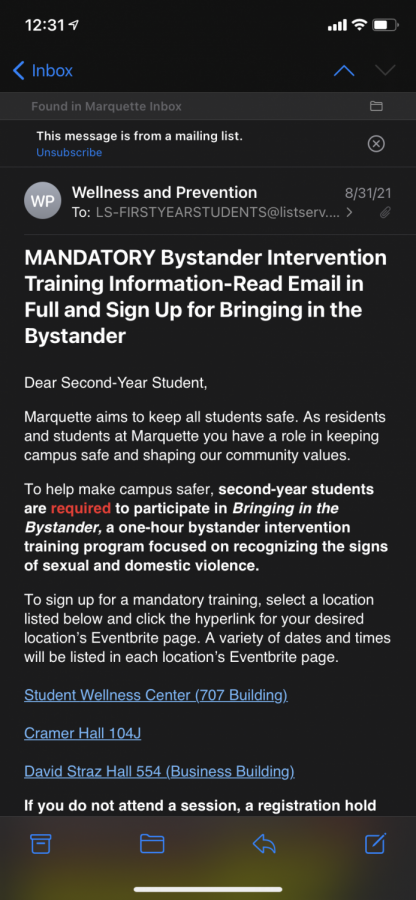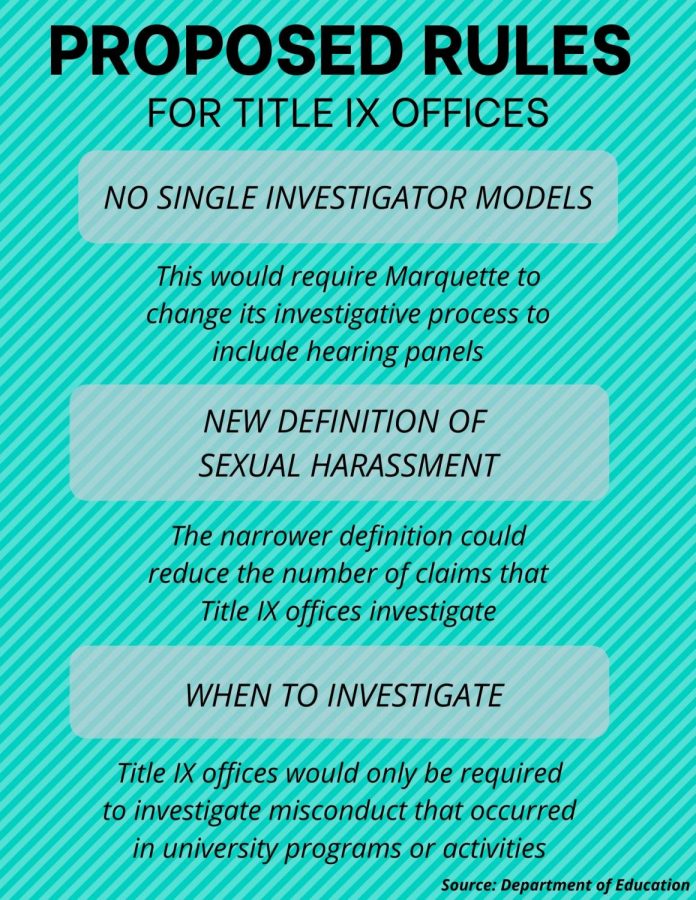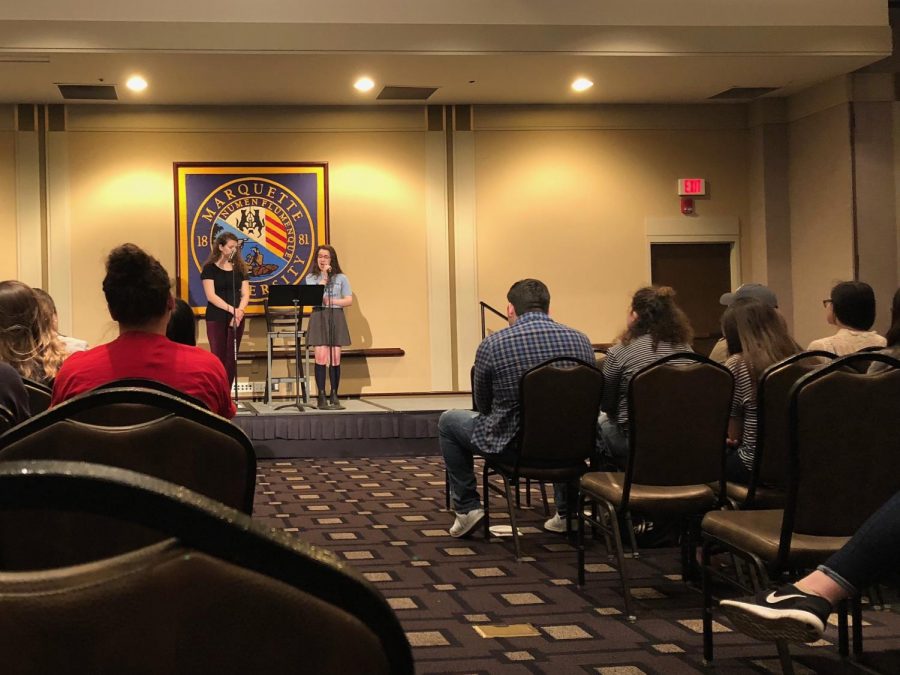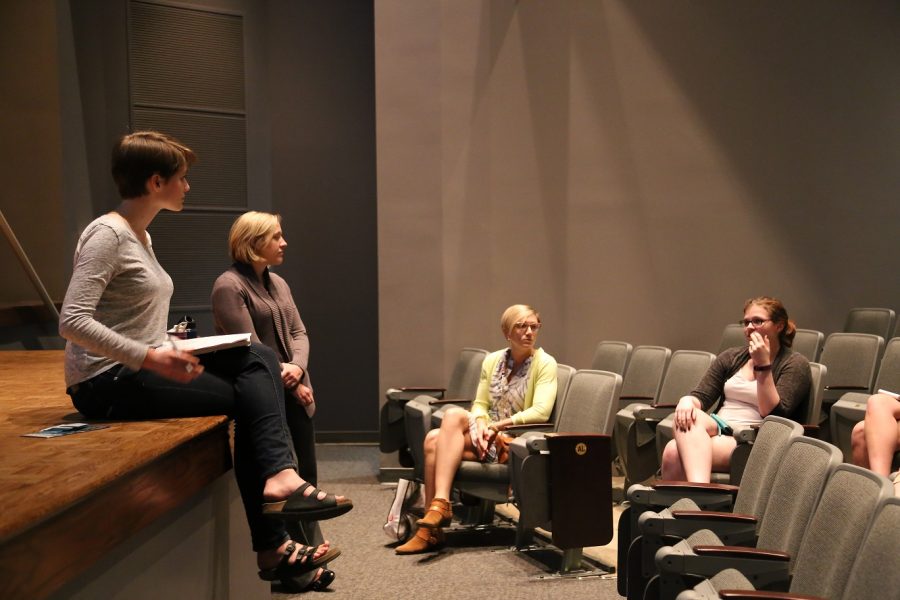The university has employed new tactics to spread awareness about sexual assault such as training programs, presentations and a policy called TAKES ACTION.
Will Burke, a freshman in the College of Arts & Sciences, said his close friend experienced a sexual assault in the past and he believes sexual violence is a very important issue to attack.
“Whatever (the university) can do to prevent it should be done so more people can help prevent it,” he said.
However, he thinks the programs will only be somewhat helpful.
“Not all students will necessarily pay attention to what (the programs) say and those are the students that might get hurt by it,” he said. “It doesn’t hurt and hopefully it helps to at least inform people.”
Sara Johnson, the Director of the Alcohol and Other Drug Prevention Program, is working closely on the TAKES ACTION Model. It is a policy that encourages students to recognize signs of possibly dangerous situations. It is exemplified by the Bystander Training that sophomores will be taking this month.
“TAKES ACTION empowers and mobilizes participants to recognize, intervene, and prevent harmful comments, actions and behaviors from escalating,” Johnson said.
Johnson says all students who complete the program will receive a TAKES ACTION card, which contains information and tips that can be used as a reference tool in a possible situation.
“The program’s main objective is to train every residential member of the sophomore class of the Marquette undergraduate cohort, utilizing undergraduate wellness peer educators and other student volunteers as co-facilitators” she said in an email.
She said this initiative will teach students a variety of topics, such as understanding their role in the community, and learning how to take a role in keeping it safe.
Title IX Coordinator Christine Taylor sent an email to all members of the Marquette community Sept. 6 to touch on some of the policies that the university has regarding sexual assault.
“Marquette University strives to provide an educational environment which reflects its Catholic, Jesuit mission and preserves the safety and dignity of its community members,” she said in an email. “All members of the campus community are expected to conduct themselves in a manner that enhances the well-being of the community.”
Taylor urges students to report all cases of sexual assault to a staff member or other trusted campus officials.
Since the beginning of the year, the university is planning programs to raise awareness for this issue.
Over the summer, first year students were required to take the Haven Sexual Assault course, which discusses the dangers, signs and statistics of sexual assault on campus. Additionally, the university brought the Dissolve one-woman show to campus last week to demonstrate the dangers and consequences of date-rape drugs.
The university is planning on enacting more initiatives in the hopes that awareness for this topic will increase.
Katy Adler from the Student Affairs Office mentioned a plan to put up “social-norming” posters that raise awareness for sexual assault. She said these posters cover a variety of common misconceptions as well as the role of alcohol in sexual assault cases. The goal is to expose the role alcohol can play in sexual violence, as well as working to change the culture of violence on campus.
Adler believes if an environment is created where survivors of sexual assault are supported, the more likely they are to report cases of violence.
Will Burke, a freshman in the College of Arts & Sciences, thinks the programs will only be somewhat helpful.
“Not all students will necessarily pay attention to what (the programs) say and those are the students that might get hurt by it,” he said. “It doesn’t hurt and hopefully it helps to at least inform people.”
Burke said his close friend experienced a sexual assault in the past and he believes sexual violence this is a very important issue to attack.
“Whatever (the university) can do to prevent it should be done so more people can help prevent it,” he said.

